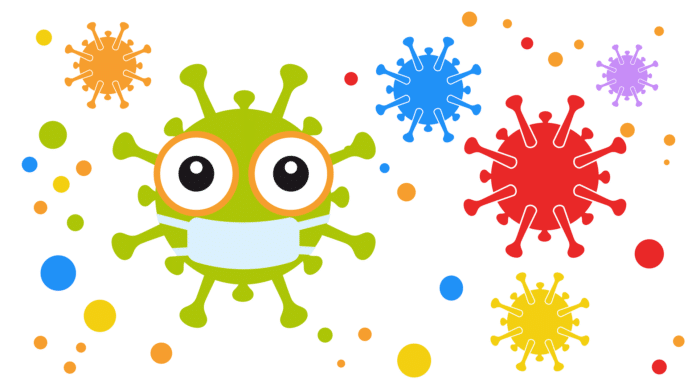One of the biggest challenges when it comes to making guidelines for coronavirus common is teaching them to children. Caregivers and parents have often raised questions regarding awareness of the virus and coronavirus precautions in kids as they also need to follow them to lower the transmission rates.
Most of the time, people with children are not sure about how to explain the dangers of the virus and the importance of following instructions. Even without the use of complex terminology, very young kids find it hard to decipher what is happening around the world.
To tackle this problem, health experts and child psychologists often recommend telling children about how them following little steps such as wearing a face mask in public can ‘save’ a lot of other people.
In this way, children are more likely to follow the guidelines as they feel like they are an active part of saving the lives of people and the world. Additionally, the heroic connotation attached with instructions for coronavirus may also encourage them to convince their friends to do the same.
However, even this strategy may not work for some people, which is why experts are now suggesting the easiest way of making children understand and take coronavirus precautions seriously, which is setting an example.
It is well-known that the majority of children copy whatever adults around them are doing. The behavior and beliefs of parents affect a child’s mindset significantly. In the case of coronavirus instructions, kids will also take precautions if their parents do.
Also Read: Sweden Reports One Hundred Percent Increase in Coronavirus Cases
If the parents of a child are taking all recommended preventive measures including wearing a face mask, washing hands frequently, cutting down the time spent outside, and maintaining distance, the child will also eventually start doing the same.
On the other hand, if the parents do not take the risk of catching or spreading the virus seriously and do not follow guidelines, their children will also assume the measures are not that important.
So, it is now more important than ever to incorporate protective steps into everyday life as it has a big impact on children and their safety.
At the moment, children need to see masks, hand washing, and social distance as part of normal, everyday life as most of them are returning to schools.
In schools, not only is the risk of catching and spreading the virus high but so are the chances of the prevalence of false information regarding the infection. As kids talk to each other during classes and breaks, they are likely to share whatever they have heard about the virus.
Children who are not as aware of the infection can easily believe the myths they hear from friends. Consequently, they can become fearful and may not feel comfortable returning to school, which may also affect their academic performance.
Secondly, there is also a risk of kids following bogus methods which are promoted as a part of coronavirus precautions but are dangerous in reality. Therefore, talking to kids and taking measures at home is more important than ever now.




